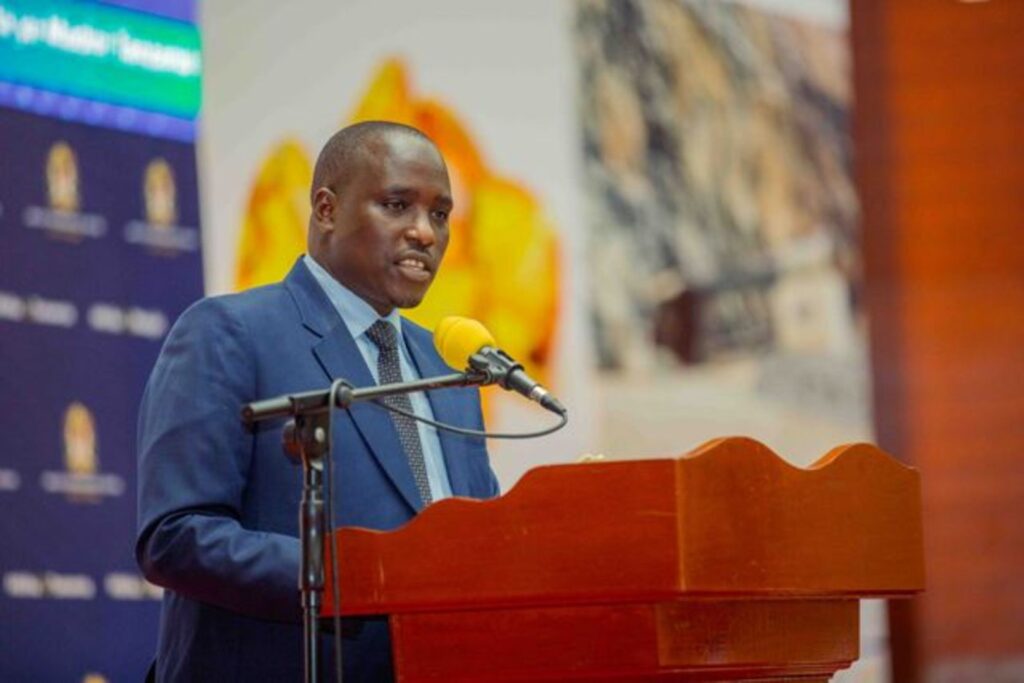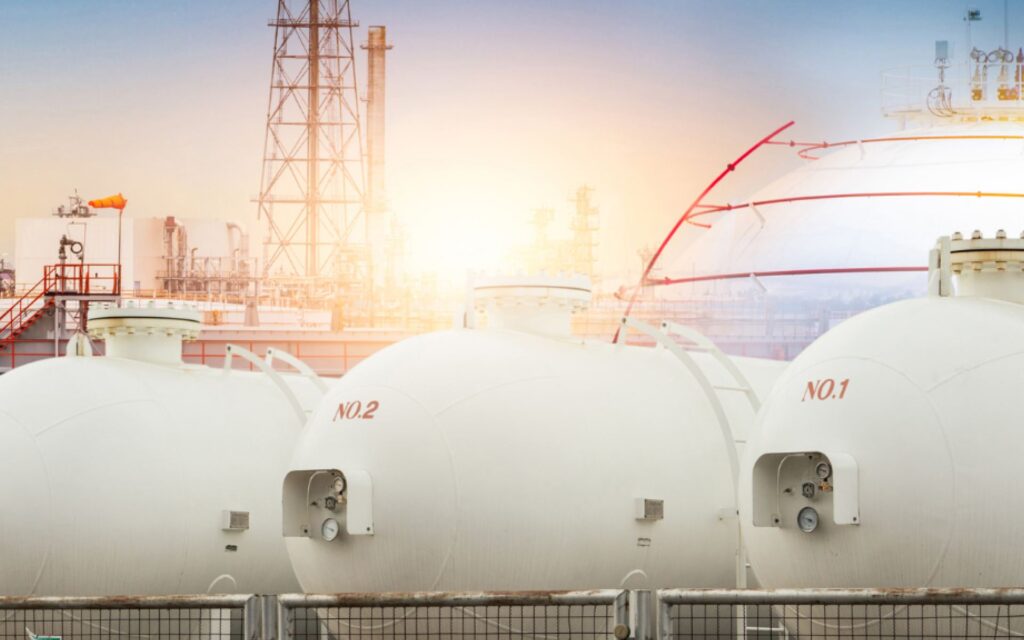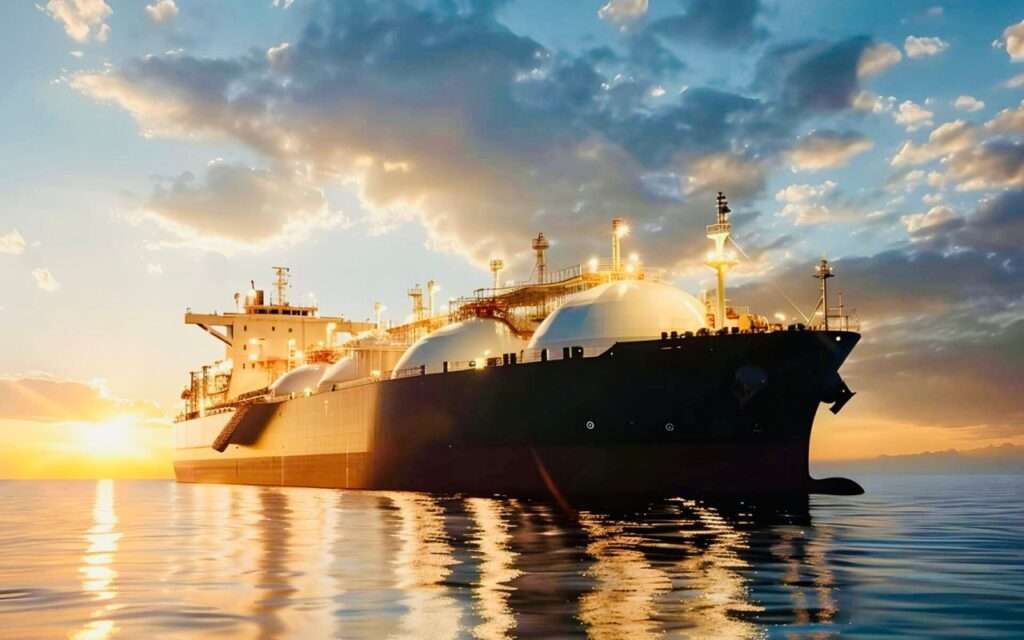Tanzania’s government is moving to finalize negotiations with international oil companies (IOCs) on the long-delayed $42 billion liquefied natural gas (LNG) facility, aiming to conclude terms by October 2025, according to Deputy Prime Minister and Energy Minister Doto Biteko.
The negotiations, which have spanned several years, involve a consortium comprising Shell Plc, Equinor ASA, and Exxon Mobil Corp.
Biteko informed lawmakers that discussions were now focused on resolving three outstanding issues that remain key to finalizing the agreement.
“If we conclude three outstanding issues, this agreement will be signed in 2025.
“President Samia Suluhu Hassan would like to see this project concluded before the presidential elections in October.”
Doto Biteko, Deputy Prime Minister and Energy Minister
One of the core issues under discussion is Tanzania’s demand that at least 3% of the gas produced from the LNG project be reserved for domestic use.
The government views this provision as essential to ensuring energy security and fostering industrial development within the country.
Another critical sticking point is the government’s push for the consortium to commit to local content requirements, including prioritizing Tanzanian insurance companies for project-related coverage.
“The government also wants the consortium to commit to using local content and insurance companies registered in Tanzania for the project.”
Doto Biteko, Deputy Prime Minister and Energy Minister

These demands are part of Tanzania’s broader strategy to maximize national benefits from its natural resources while avoiding past pitfalls where extractive sector deals disproportionately favored foreign interests.
Biteko urged lawmakers to give the government sufficient time to negotiate a favorable deal, ensuring long-term benefits for the country.
The LNG project is widely seen as a game-changer for Tanzania’s economy, offering opportunities to position the East African nation as a leading exporter of LNG.
The broader East African region, particularly Tanzania and Mozambique, has witnessed major natural gas discoveries over the last two decades, but delays in development have hampered progress.
With global demand for LNG rising, largely driven by energy security concerns and shifts in policy across major economies, Tanzania’s project is attracting renewed attention.
Tanzania Races to Finalize LNG Deal

The vision of offshore gas discoveries being connected to an LNG terminal on Tanzania’s coast has been under discussion for more than a decade.
The momentum for the project appeared to grow in 2023, when President Hassan expressed her full support and host-government negotiations were completed.
These agreements included commercial, legal, and fiscal terms, alongside an amended production-sharing deal between Tanzania and the IOCs.
Despite the breakthroughs in 2023, talks have since slowed, leading to concerns that further delays could affect investor confidence and the economic viability of the initiative.
The Tanzanian government is now keen to prevent any additional stalling while ensuring that the final deal delivers lasting benefits to the nation.
Biteko emphasized that Tanzania was determined not to repeat past mistakes involving exploitative resource agreements.
Historically, some deals in the mining and oil sectors have been criticized for offering minimal benefits to local stakeholders, leaving Tanzania with limited economic returns despite its abundant natural resources.

“The government must negotiate wisely to ensure the LNG project strengthens Tanzania’s economic independence and benefits its people.”
Doto Biteko, Deputy Prime Minister and Energy Minister
With negotiations now focused on resolving the last few hurdles, the Tanzanian government hopes to sign the final agreement in 2025.
The pressure to finalize the deal before October’s elections reflect the high stakes for Tanzania, where economic development and foreign investments remain central electoral issues.
The consortium of Shell, Equinor, and ExxonMobil has reiterated its commitment to completing negotiations efficiently, while industry analysts stress that successful execution of this project could put Tanzania on the global LNG export map.
The next few months will determine whether Tanzania can finalize agreements, unlock long-awaited economic benefits, and secure a place in the global LNG supply chain.
READ ALSO: Fitch Projects 4.2% Growth for Ghana’s Economy Backed by Gold




















